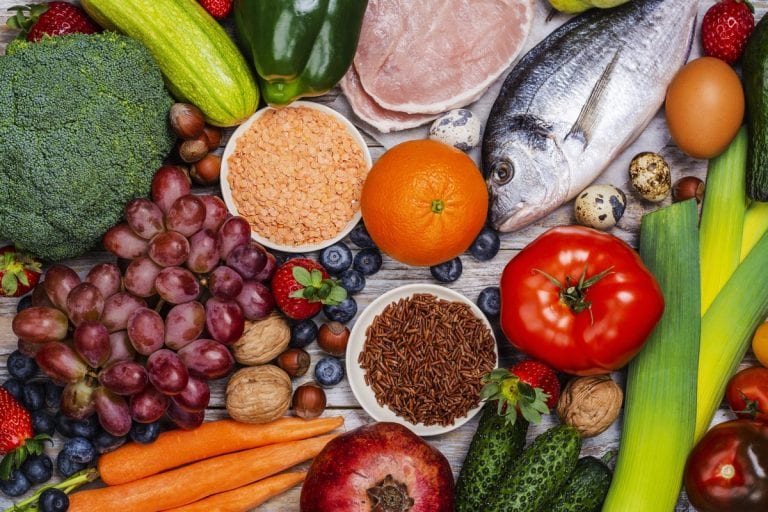Mediterranean diet: a lost treasure?
Intangible heritage of humanity for UNESCO since 2010, the Mediterranean diet has always represented a healthy and balanced lifestyle model, a style to be imitated more than a diet. Yet, we Italians - and in general all the countries of the Mediterranean basin - have moved away from this diet over the years, adopting habits from abroad, "especially from the so-called Western diet, the North American diet that introduces greater quantities of meat, in particular red meat, and dairy products," explains expert nutritionist Luca Piretti, professor at Campus Bio-Medico University of Rome and promoter of Settimana della Cucina Italiana nel Mondo, or the Week of Italian cuisine in the world.
Rediscovering and adopting the principles of the Mediterranean diet
The goal of the project intended to enhance the Mediterranean diet is “Rediscovering the habits of the past, with today's awareness. Going back to that style of yesteryear does not mean going backwards, but rather looking to the future with greater hope, knowing that we are following a correct and tasty diet." But not only that: the Mediterranean diet is first of all a lifestyle, "which also includes physical activity, respect for traditions, sharing meals, cooking methods and rest." These are the key points to stay in shape, in addition to the famous food pyramid, considered in scientific literature an exemplary model for all other countries: at the base there are grains, fruit, vegetables, legumes and extra virgin olive oil, "foods to consume several times a day," then there's milk and dairy, then fish, and white and red meats,"not to be consumed more than twice a week," and finally all the "extras" such as sweets.
Mediterranean diet vs. vegan diet
No ingredient is banned from the pyramid, "however, attention must be paid to portion size, proportions and frequency of consumption." By following the parameters of the Mediterranean diet, the risk of encountering some of the most common Western diseases decreases. Think "diabetes, tumors and cardiovascular diseases in primis." Can eliminating red meat help? Not according to the nutritionist, who states that a vegetable diet can certainly be healthy and allows us to vary even more between fruit and vegetables, "but it can involve risks in terms of nutritional deficiencies, especially if we choose to opt for a vegan diet." In any case, the important thing is to get closer to that ancient model, apparently simple "but that we seem to have forgotten," always remembering that we all have different needs and more or less suitable foods and that there are no strict rules.
Above all, we need to go back to experiencing food and the act of eating with joy: it is time to experience the table as a moment of communal sharing and joy, without forgetting the fundamental role that food plays for our health. A correct diet must not be punitive and is not based on deprivation: "The term diet must not be associated with the need to lose weight. You can and should stay fit by eating well, without giving up anything."
by Michela Becchi


 “In Chianti, warehouses are full and prices are falling”. The economic crisis of Tuscan wine explained by Giovanni Busi
“In Chianti, warehouses are full and prices are falling”. The economic crisis of Tuscan wine explained by Giovanni Busi US tariffs will take effect on 1 August for everyone (including wine). Prosecco DOC: “it’s impossible to plan for the future
US tariffs will take effect on 1 August for everyone (including wine). Prosecco DOC: “it’s impossible to plan for the future Diego Rossi of Trippa opens a new osteria: what you can eat at Nino Osteria con Cucina in Milan
Diego Rossi of Trippa opens a new osteria: what you can eat at Nino Osteria con Cucina in Milan How you eat at Sentiero, the restaurant Elba Island was missing
How you eat at Sentiero, the restaurant Elba Island was missing






